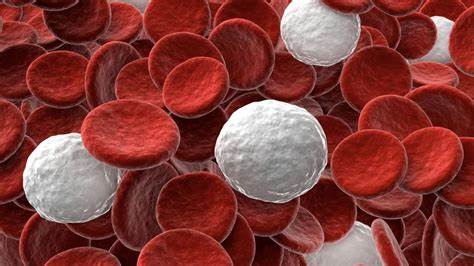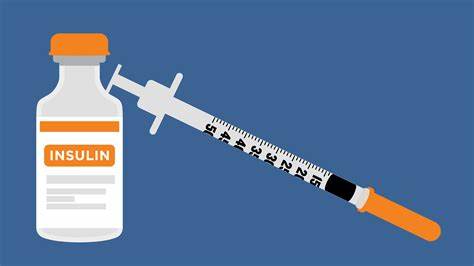
Exploring the Potential Impact of CBD on White Blood Cells
White blood cells, also known as leukocytes, play a crucial role in the body's immune system. They help defend against pathogens, infections, and diseases. As CBD (cannabidiol) gains popularity for its potential health benefits, there is interest in understanding its impact on white blood cells. In this article, we will explore the relationship between CBD and white blood cells, discussing the existing research and its implications for immune health.
Understanding White Blood Cells and the Immune System: White blood cells are a diverse group of cells that include neutrophils, lymphocytes, monocytes, eosinophils, and basophils. They are responsible for recognizing and eliminating foreign substances, such as bacteria, viruses, and abnormal cells. Maintaining a healthy balance and functioning of white blood cells is crucial for a robust immune response.
CBD and White Blood Cells: Current Research and Findings: While research on the direct effects of CBD on white blood cells is still in its early stages, here are some key findings and potential implications:
-
Anti-inflammatory Properties: CBD has been found to possess anti-inflammatory properties, which may have an indirect impact on white blood cells. Chronic inflammation can disrupt the normal functioning of white blood cells and compromise the immune system. By reducing inflammation, CBD may help create a more favorable environment for white blood cells to carry out their immune functions effectively.
-
Modulation of Immune Response: Preliminary studies suggest that CBD may influence the immune response by modulating the activity of certain immune cells, including white blood cells. CBD has been found to interact with receptors in the endocannabinoid system, which is involved in regulating immune responses. This interaction may have the potential to influence white blood cell activity and function.
-
Autoimmune Conditions: Autoimmune conditions occur when the immune system mistakenly attacks healthy cells and tissues. CBD has shown promise in preclinical studies for its potential immunomodulatory effects. While more research is needed, CBD's ability to modulate the immune response may have implications for autoimmune conditions where white blood cell dysfunction is involved.
-
Potential Antimicrobial Effects: Some studies suggest that CBD may possess antimicrobial properties, meaning it has the ability to inhibit the growth of certain bacteria and fungi. While the direct impact of CBD on white blood cells in fighting infections is not yet fully understood, the antimicrobial properties of CBD may indirectly support the immune system by reducing the burden of pathogens and promoting overall health.
Considerations and Future Research: It is important to note that the current research on CBD and white blood cells is limited, and more studies are needed to establish a clear understanding of their relationship. Here are some important considerations:
-
Dosage and Administration: CBD dosage and administration methods can influence its effects. Different individuals may respond differently to CBD, and finding the optimal dosage for specific desired outcomes is essential. Consulting with a healthcare professional experienced in CBD use can provide guidance on appropriate dosage and administration methods.
-
Quality and Safety: Choose high-quality CBD products from reputable manufacturers that undergo third-party testing for purity and potency. Look for products sourced from organically grown hemp and free from contaminants. Adhering to proper dosage guidelines and following product instructions is crucial for safety.
-
Individual Variations: Responses to CBD can vary among individuals due to factors such as genetics, overall health, and existing conditions. It is important to monitor the body's response to CBD use and consult with a healthcare professional if any concerns arise.
Conclusion: While research on the direct effects of CBD on white blood cells is still evolving, preliminary findings suggest that CBD's anti-inflammatory properties and potential immunomodulatory effects may have implications for white blood cell function and overall immune health. As with any supplement, it is important to approach CBD use with caution, consult with a healthcare professional, and rely on high-quality products. Further research is needed to fully understand the specific mechanisms of CBD's impact on white blood cells and its potential therapeutic applications in immune-related conditions.

